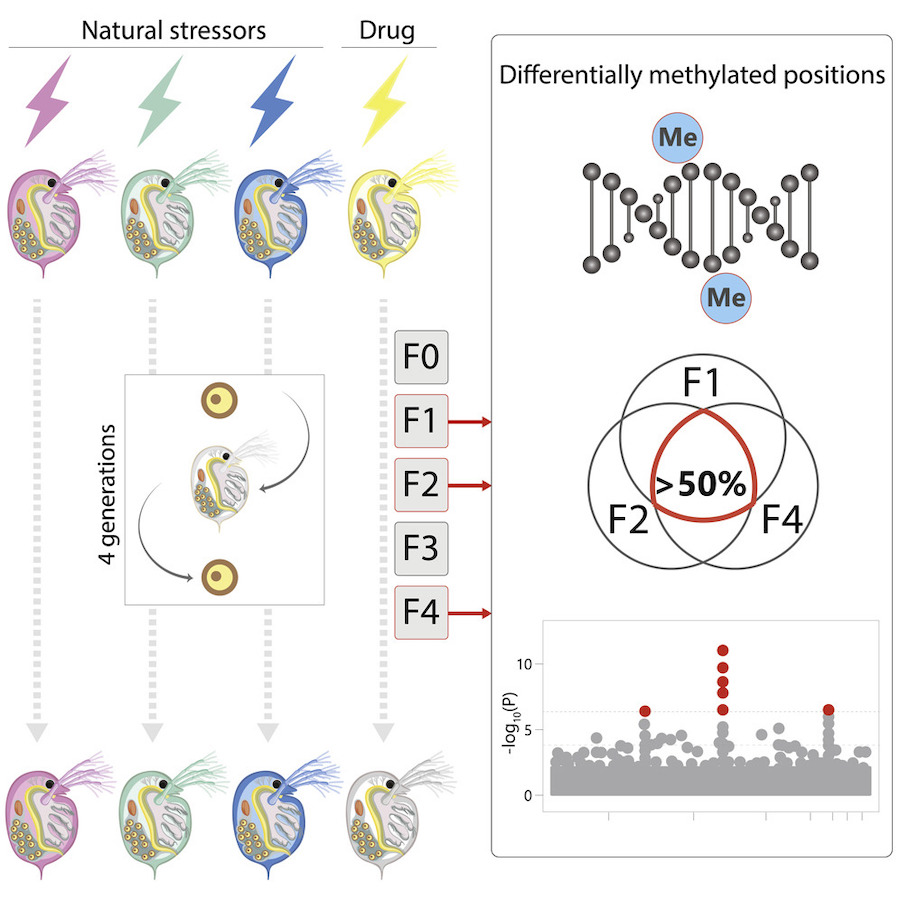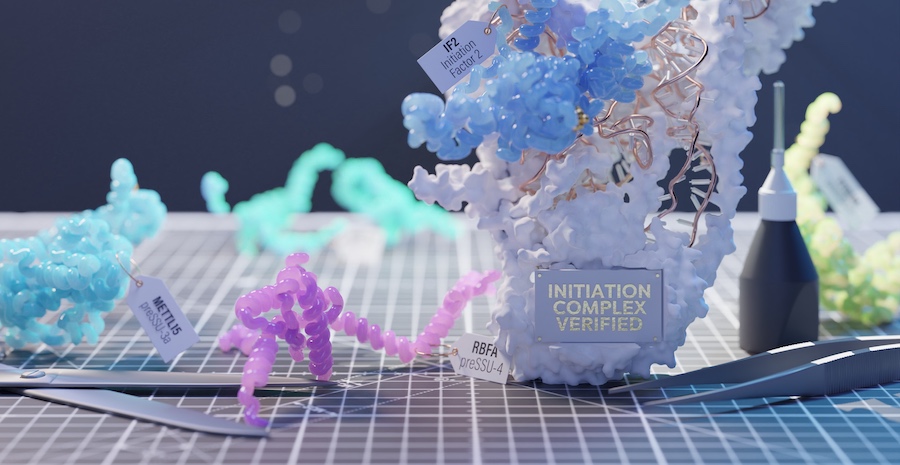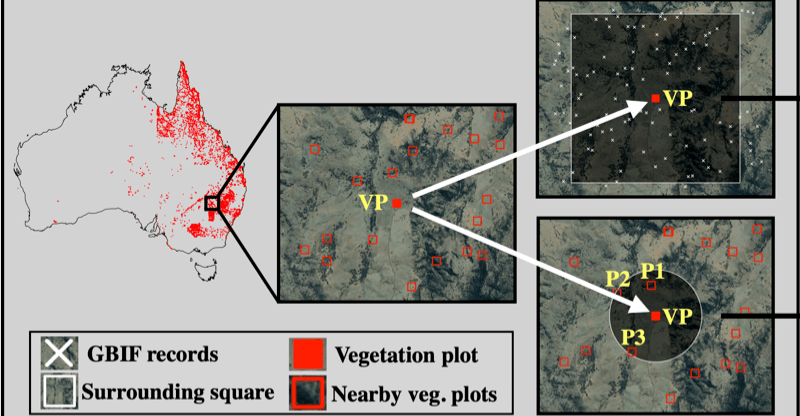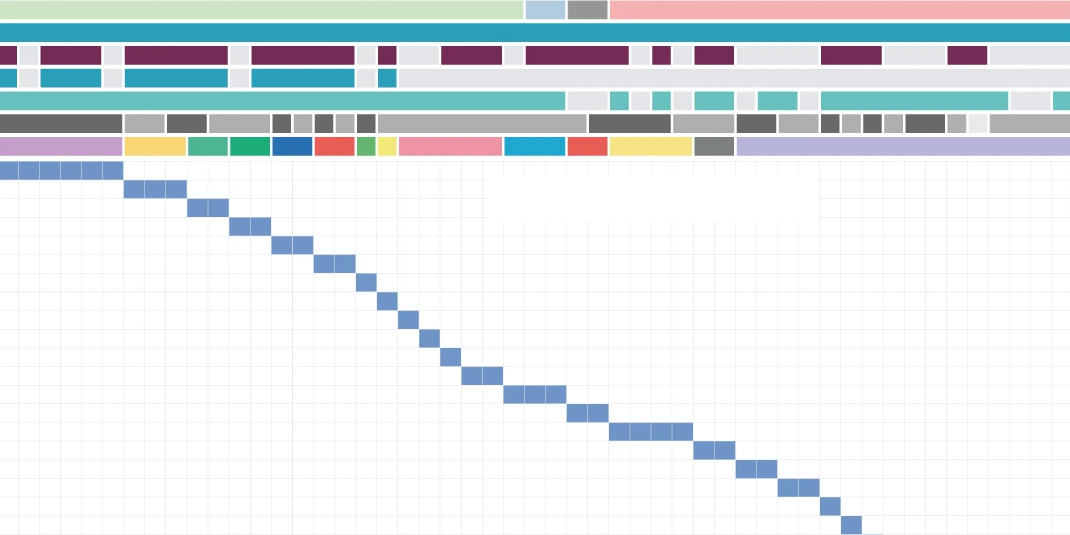DNA methylation inherited across generations in water fleas may influence freshwater ecosystems

Recent studies indicate that environmental stress can induce systemic changes in development and physiology. These so-called ’environmentally induced epigenetic effects’ are potentially heritable. However, there remains debate about whether inheriting them impacts eco-evolutionary dynamics (cf. Anway et al., 2005; Baugh and Day, 2020).
DNA methylation is a well-studied epigenetic mechanism. Nevertheless, evidence for the inheritance of environmentally induced DNA methylation is scarce in mammals, and remains poorly understood in invertebrates. The latter may be because DNA methylation is of limited importance in Drosophila, the model system traditionally used to study invertebrates. However, a recent study by Mukherjee et al. (2019) suggested that variations in DNA methylation may be involved in transgenerational inheritance in insects, and possibly other invertebrates. Specifically, Mukherjee and colleagues found that DNA methylation was involved in transgenerational protection against parasite infection in the greater wax moth.
Freshwater is one of our most threatened ecosystems, and climate change can have a marked impact upon freshwater habitats. It is therefore important to study whether freshwater ecosystems can tolerate factors associated with climate change, like elevated temperatures, and still sustain ecosystem dynamics. Water fleas (e.g. Daphnia magna) play a key role in the food webs and nutrient cycling of lakes and ponds.
The response of Daphnia spp. to environmental stressors can thus strongly impact community and ecosystem dynamics. This makes D. magna an important model system for studies. Previous research has suggested DNA methylation as a candidate epigenetic mechanism. Whilst DNA methylation in Daphnia is uncommon (∼0.6% of Daphnia genome has methylation), studies have indicated that environmentally induced variations in DNA methylation may be heritable. However, further research into genome-wide patterns of inheritance in Daphnia at the individual level are warranted.
In a recent publication in iScience, Feiner and colleagues used whole-genome bisulphite sequencing to examine whether environmentally induced DNA methylation in response to natural stressors were heritable in D. magna. They focused specifically on sequencing at the individual level during testing. The researchers comprised an international group involving both Swedish (Lund University, Uppsala University, Science for Life Laboratory, National Bioinformatics Infrastructure) and Dutch (e.g. Leiden University Medical Center) institutions (First author: Nathalie Feiner, Lund University; Corresponding author: Tobias Uller, Lund University).
The researchers used a multi-generational experimental design to study the relatively immediate effects of these stressors on genome-wide DNA methylation levels in individual first generation (F1) water fleas. The study design also allowed Feiner and colleagues to identify differentially methylated cytosine positions (DMPs). This enabled them to examine relations between DMPs and stressor patterns, and the heritability of DMPs in water fleas. The overall aim of the study was to establish whether DMP changes had a putative biological function.
Feiner et al. (2022) studied four stressors previously shown to affect DNA methylation. The researchers first exposed individual water fleas to one of the four stressors; Microcystis aeruginosa, zinc, elevated temperatures, and 5-azacytidine. Whilst Microcystis aeruginosa, zinc, and elevated temperature can all occur naturally in the habitat of D. magna, 5-azacytidine does not occur in nature. The water fleas and their offspring were then propagated clonally until F4 under control conditions. The results showed that F1 water fleas whose mothers had been exposed to any of the three natural stressors had between 70-225 DMPs. About 50% of these DMPs could be detected until generation F4. Conversely, the hypomethylation induced by 5-azacytidine was essentially reset within one generation. The results of the study show that environmental stressors, such as higher temperature, pathogens or zinc, induce DNA methylation in D. magna and that this epigenetic effect is heritable. Given climate change, species within pond and lake ecosystems are more likely to be exposed to environmental stressors, such as elevated temperatures.
In summary, Feiner and colleagues findings from D. magna suggest that the effects of stressors on individuals can carry over to subsequent generations. These results suggest inherited DNA methylation as a potentially important mediator of responses to environmental change for both ecological and evolutionary processes.
Data
-
Data for the fitness analyses are available in Dryad.
-
Code for the analysis of DNA methylation is available on Bitbucket.
-
Code for the fitness analyses has been deposited in Zenodo.
-
Sequence data is available in the Sequence Read Archive here.
Article
Feiner, N., Radersma, R., Vasquez, L., Ringnér, M., Nystedt, B., Raine, A., Tobi, E. W., Heijmans, B. T., Uller, T. (2022). Environmentally induced DNA methylation is inherited across generations in an aquatic keystone species. iScience 25, 104303. https://doi.org/10.1016/j.isci.2022.104303.
Funding
The study was funded by grants from multiple sources. This includes The John Templeton Foundation, SciLifeLab Bioinformatics Long-term Support, Knut and Alice Wallenberg Foundation Wallenberg Academy Fellowship, Knut and Alice Wallenberg Foundation, European Research Council, and the Swedish Research Council. The Swedish National Infrastructure for Computing (SNIC) at UPPMAX, which is partially funded by the Swedish Research Council, was used for some parts of the study.



